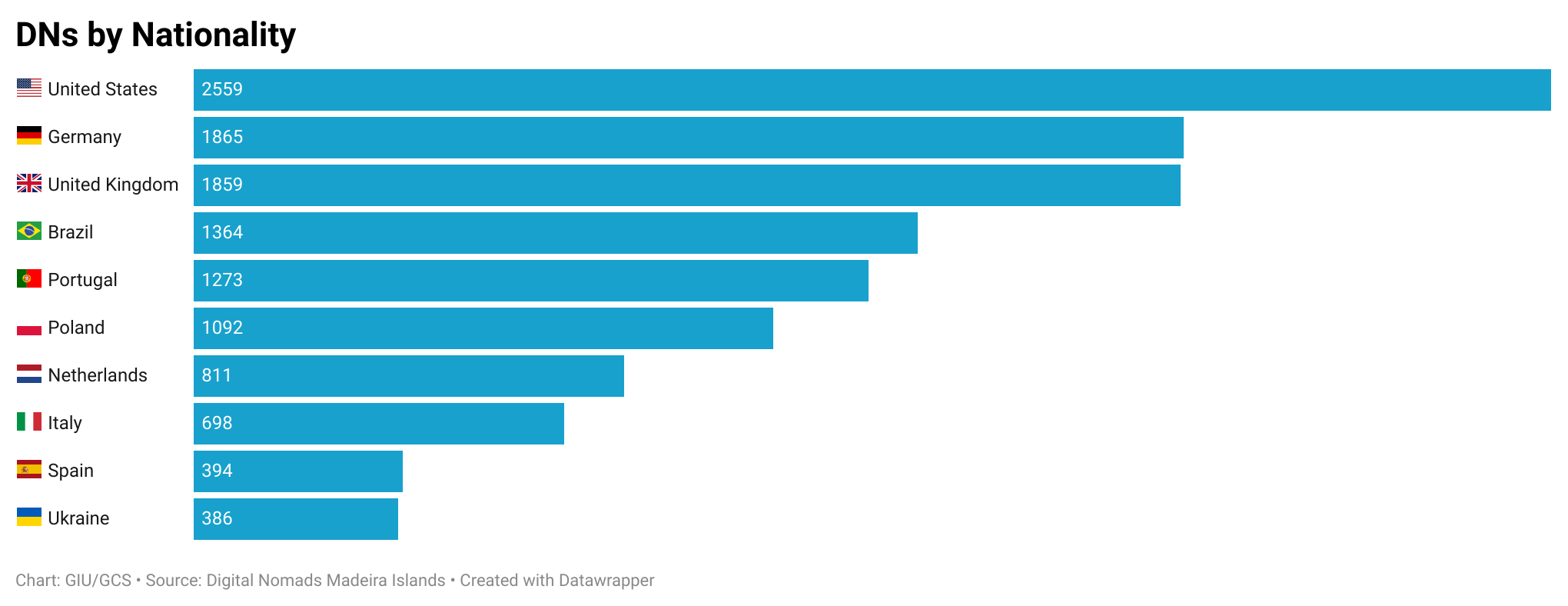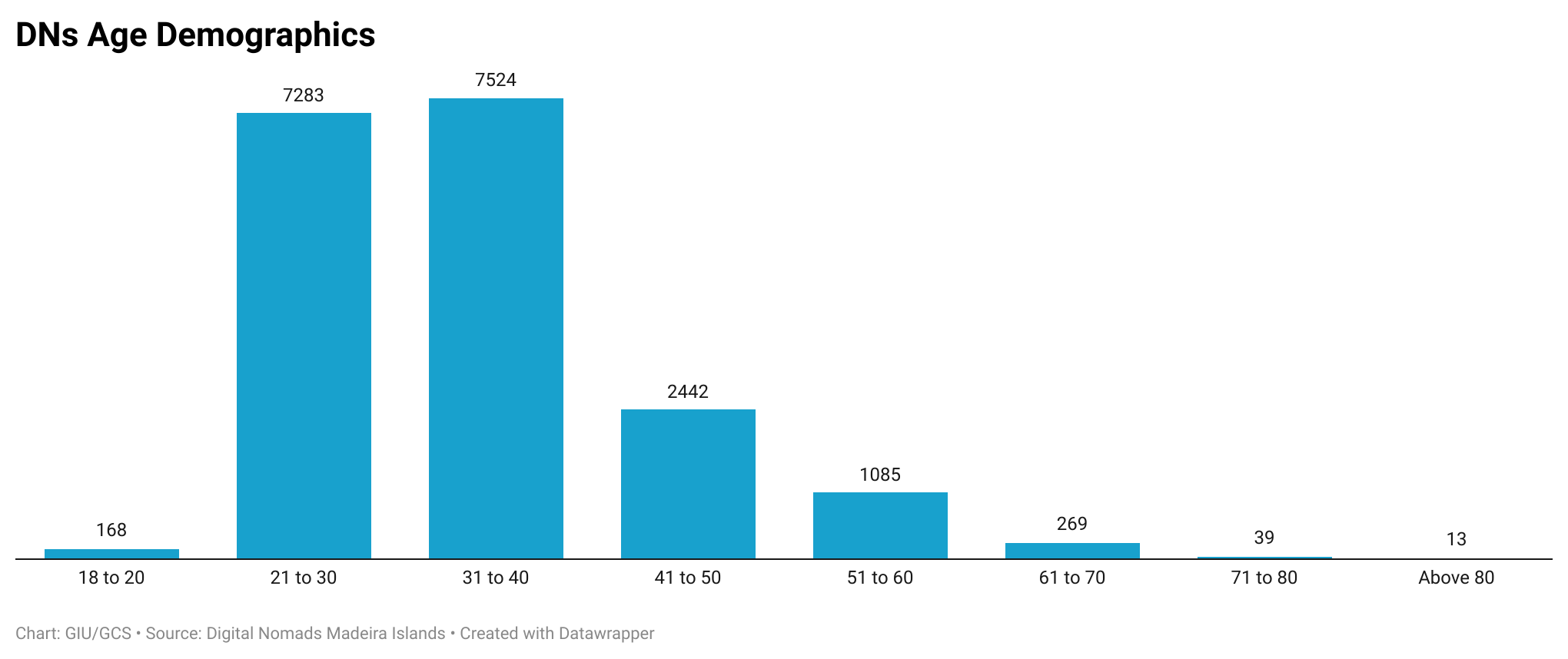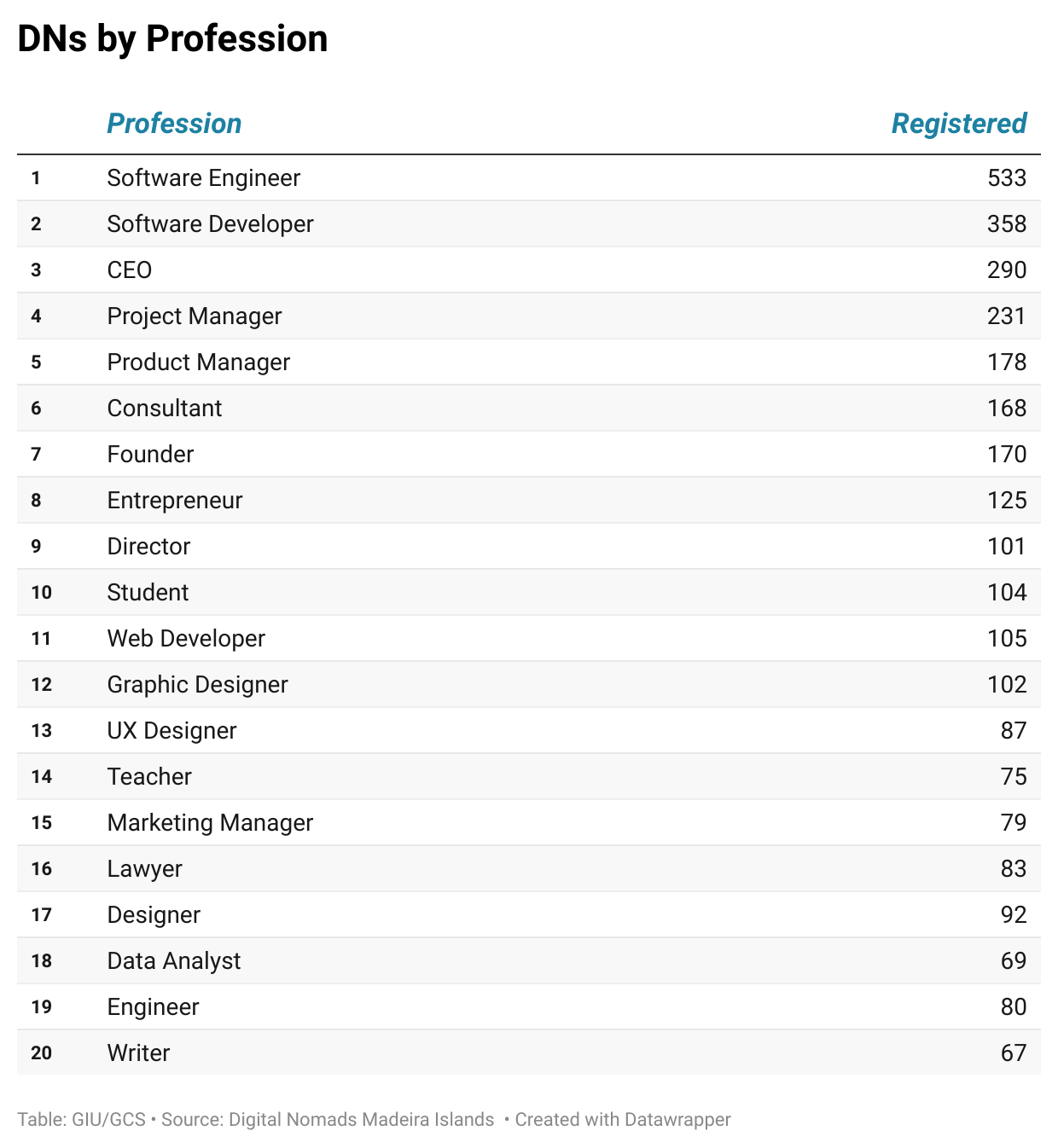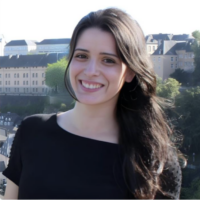Digital Nomad Madeira Islands

Overview
Since November 2020, the Regional Government of Madeira, in collaboration with Startup Madeira and consultant Gonçalo Hall, has been pioneering the Digital Nomads Madeira Islands project. This initiative aims to attract digital nomads to Madeira and Porto Santo, leveraging the growing trend of remote work and the island’s safety protocols during the COVID-19 pandemic. Ponta do Sol was chosen as the pilot location for the “Nomad Village” concept, providing an ideal setting due to its scenic beauty and tranquil environment.
The project’s initial focus was on understanding the needs of digital nomads, adapting local products and services accordingly, and fostering collaboration between the community and private entities, such as hotels, restaurants, and local businesses. The successful implementation of this pilot phase has transformed Ponta do Sol into a temporary home for digital nomads, typically staying for one to three months.
Since its launch, the Digital Nomads Madeira Islands project has significantly boosted the local economy. Digital nomads have become regular clients of local cafes, restaurants, grocery stores, rental accommodations, hotels, and co-living spaces, driving substantial benefits for the private sector. This influx has also spurred the creation of new businesses and solutions tailored to this niche market, including workspaces, co-living arrangements, and travel experience agencies.
Beyond economic benefits, the project has fostered social integration, with new communities and associations emerging in various parts of the island. These communities actively facilitate networking sessions between international digital nomads, remote workers, expats, and residents, promoting cultural exchange and mutual understanding.
In this vein, Madeira Friends Association was founded by Luís Calado and Marelin Gonçalves and aims to integrate digital nomads and foreigners into the local community while ensuring a positive impact through various programs. The initiative focuses on education, welfare, sustainability, and social integration, with the mission to enrich Madeira socially and economically.
In the view of Calado, the project “aims to give a greater purpose to the movement of digital nomads and remote workers in Madeira and reduce the gap between international arrivals and locals by providing equal access to education, opportunities, and qualified work. In sum, “we want the international community to leave a positive footprint on the island, creating a transfer of knowledge and opportunities organically.”
Demographics in the Digital Nomads Madeira Islands
To date, the project has recorded 19,800 registrations from 141 countries, with monthly estimates of 500 to 1,000 digital nomads and remote workers on the islands.

The age demographics of digital nomads in the Digital Nomads Madeira Islands project show a significant concentration of younger professionals, with 37.99% of participants aged 31 to 40 years old and 36.78% aged 21 to 30 years old, making these the largest groups. This indicates that digital nomadism is particularly popular among early to mid-career individuals seeking flexibility and new experiences. Additionally, mid-career professionals aged 41 to 50 years old constitute 12.33% of the registrants, highlighting the appeal of remote work across different career stages.

The top professions of digital nomads in the Digital Nomads Madeira Islands project reflect a strong presence in the technology and entrepreneurial sectors, which is consistent with global trends. The most common profession among the registrants is Software Engineer, accounting for 533 individuals, followed by Software Developer with 358 individuals, indicating a high demand for tech skills. Other prominent roles include CEOs (290), Project Managers (231), and Product Managers (178), showcasing the significant representation of leadership and management positions. Additionally, the presence of Consultants (168), Founders (170), and Entrepreneurs (125) highlights the entrepreneurial spirit prevalent among digital nomads. This data aligns with the broader global pattern, where technology-related professions and entrepreneurial roles dominate the digital nomad community, driven by the flexibility and remote work capabilities inherent in these fields.

The project’s success has captured international media attention and has been featured in over 200 media outlets. It has also been the subject of several international academic studies exploring themes related to tourism, the future of work, digital nomadism, and remote work.
The Digital Nomads Madeira Islands project exemplifies innovative thinking and strategic planning, demonstrating how regions can adapt to new trends in the global workforce. Madeira has set a benchmark for other regions by addressing the specific needs of digital nomads and fostering an inclusive, dynamic community. As the project continues to evolve, it solidifies Madeira and Porto Santo as premier destinations for digital nomads worldwide, showcasing the substantial economic and social benefits of catering to this demographic


